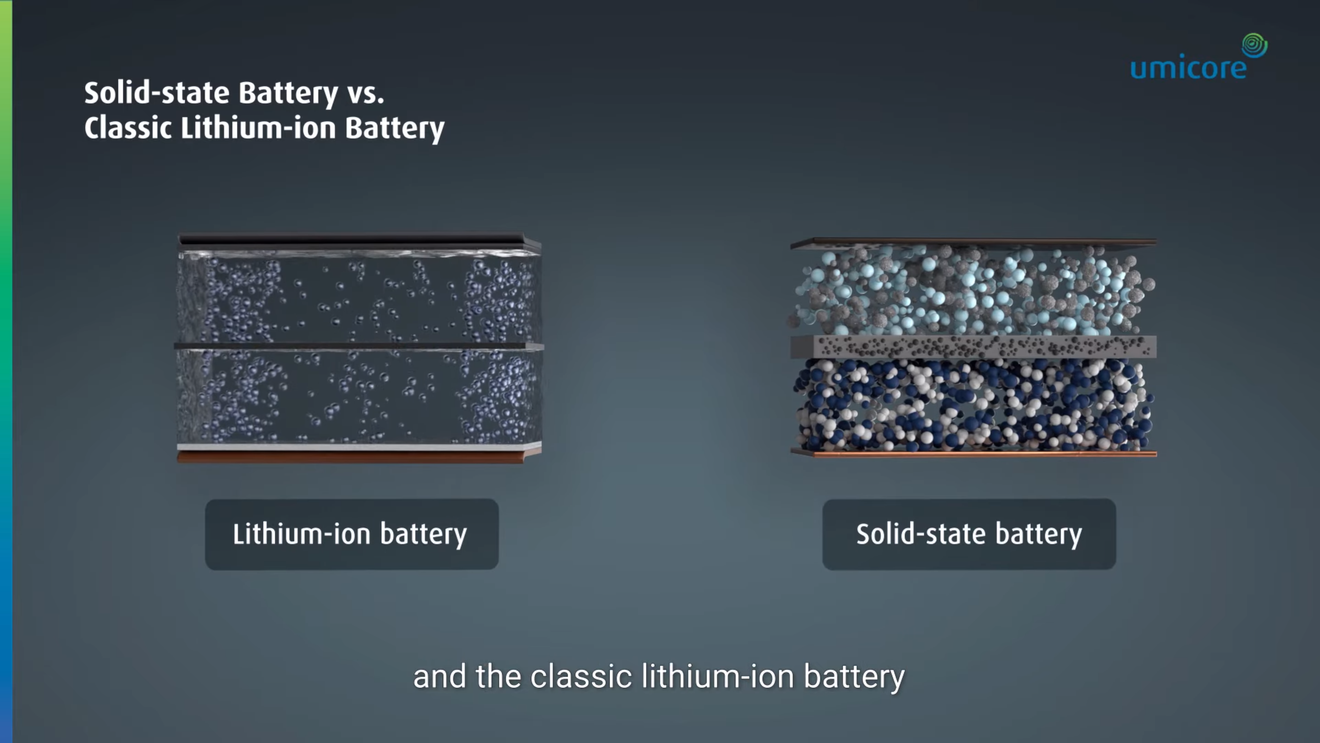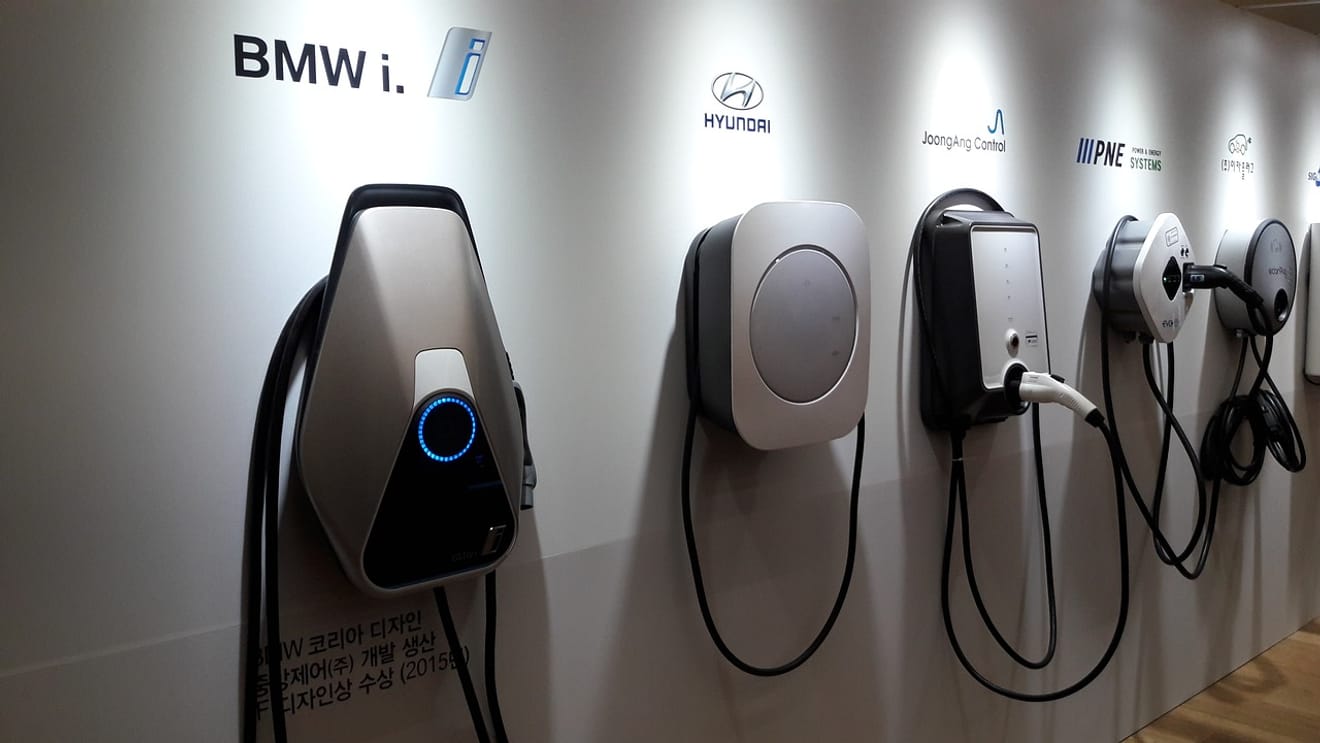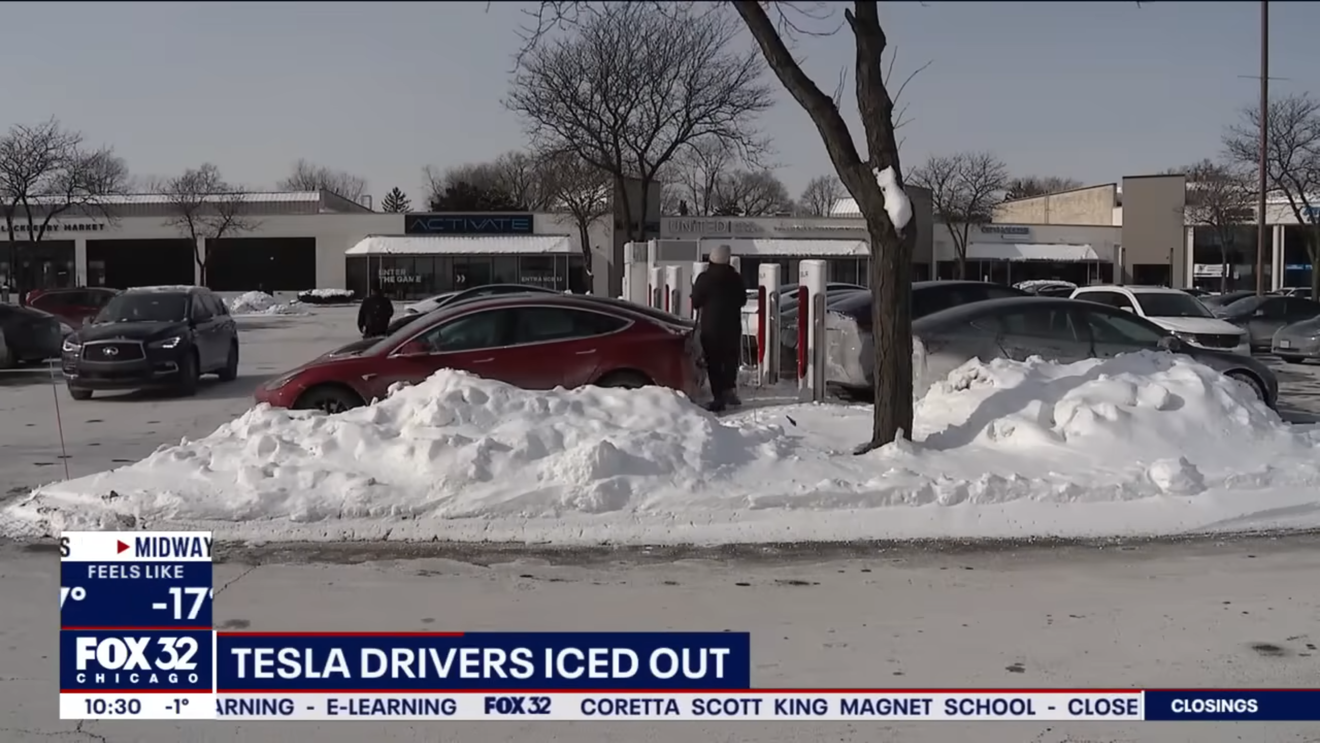Subject
- #Electric Vehicle Issues
- #All-Solid-State Battery Advantages
- #All-Solid-State Battery Development
- #Electric Vehicles
- #All-Solid-State Batteries
Created: 2024-01-18
Created: 2024-01-18 15:33
As electric vehicles (EVs) become more widely adopted, automotive manufacturers are announcing the discontinuation of internal combustion engine (ICE) vehicles. Volkswagen aims to increase the proportion of EVs to 80% in Europe and 55% in North America by 2030, while Mercedes-Benz has already declared that it will no longer produce ICE vehicles starting in 2023. Public transportation is also transitioning to hydrogen buses and electric buses. Amidst this surge in EV production by various companies, all-solid-state batteries are gaining attention as a potential solution to the challenges faced by EVs.

Umicore YouTube channel ‘What are solid-state batteries?’ video capture
Current electric vehicles utilize lithium-ion batteries. In lithium-ion batteries, the electrolyte, which facilitates the flow of electricity between the positive and negative electrodes, is a liquid. This liquid electrolyte poses risks of leakage and, being a flammable liquid, can explode under high temperatures. In the event of a fire in an EV, extinguishing the fire can be challenging, and if not properly contained, there is a risk of secondary explosions, leading to severe accidents.
All-solid-state batteries are emerging as a viable alternative, overcoming the drawbacks of lithium-ion batteries. Since the electrolyte is solid, there is no risk of leakage due to impact, and it does not contain any flammable substances, making it less prone to ignition and relatively safer. However, all-solid-state battery technology is still under development. Recently, Solid Power, a US-based all-solid-state battery company, and SK (from South Korea) announced a collaboration to accelerate the development of all-solid-state batteries.

pixabay
Using all-solid-state batteries is expected to not only shorten charging times but also improve driving range. All-solid-state batteries appear to address many of the concerns currently expressed by EV users. Companies have already delved into the development of all-solid-state batteries. Governments are also actively supporting the all-solid-state battery industry to enhance national competitiveness. Major companies are aiming for the commercialization of all-solid-state batteries between 2025 and 2028.
At this juncture, where the era of ICE vehicles is fading and the EV era is dawning, the biggest hurdle to the widespread adoption of EVs remains their price. Even today, many consumers opt out of purchasing EVs due to the cost. If all-solid-state batteries are developed, initial pricing could pose another obstacle. However, similar to lithium-ion batteries, prices are expected to stabilize over time. However, it is anticipated that it will take considerable time for the prices to decrease to a level that is not burdensome for consumers.

FOX 32 Chicago YouTube channel ‘'Dead robots': Chicago's extreme cold knocks out Tesla cars’ video capture
Recently, Chicago experienced an Arctic cold snap. With wind chills reaching -30 degrees Celsius, the biggest issue wasn't people, but rather electric vehicles. EVs froze and lost power, causing a rush to charging stations. However, charging was also problematic, leading to renewed complaints about EVs. EVs rely on chemical reactions between the positive and negative electrodes to generate electricity and function normally. When temperatures drop significantly, these chemical reactions slow down, leading to battery issues. With climate change leading to more frequent and extreme heat waves and cold spells, it remains to be seen whether the introduction of all-solid-state batteries can solve these problems.
Comments0